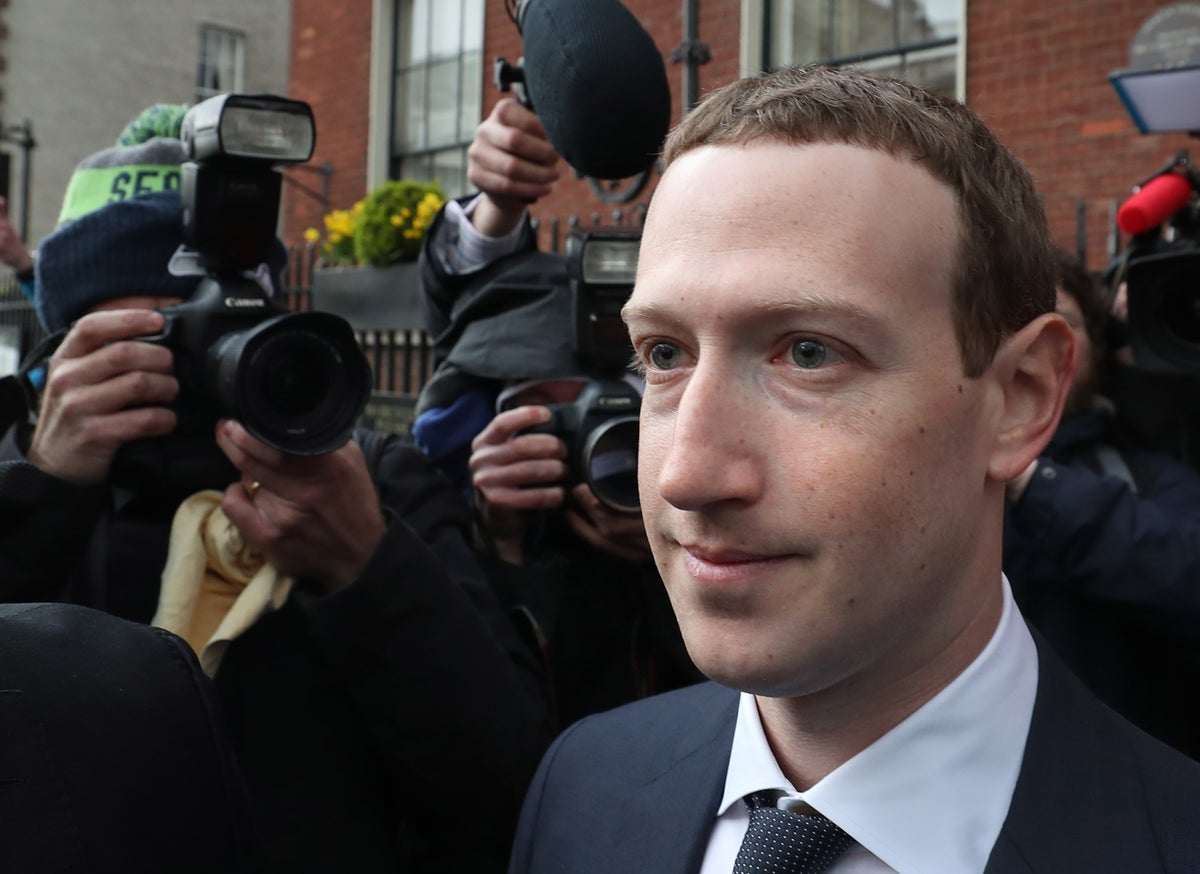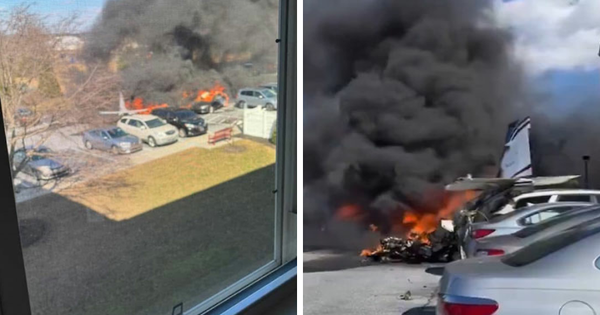
Witnesses should not be able to avoid giving evidence at inquiries after “an increasing number of rich and powerful” people have done so in recent years, MPs have said.
The Committee of Privileges has published a report recommending legislation which would ensure Parliament can compel witnesses to turn up to the House of Commons when summoned.
Those who have refused to give evidence include Facebook chief executive Mark Zuckerberg, who was summoned to give evidence at a committee investigating the effects of fake news on UK democracy in 2018.
The committee also said Parliament should be able to ensure that requested papers and records are provided.
Labour MP Chris Bryant, who chaired the report by the Privileges Committee, said: “The right of select committees to summon witnesses and hold the powerful to account cuts to the heart of our parliamentary democracy.
“Most witnesses are more than happy to give evidence to a parliamentary inquiry.
From billionaire high street moguls to unaccountable Government advisers, these proposals will make it tougher for such individuals to disregard their democratic duty— Labour MP Chris Bryant
“But an increasing number of the rich and powerful have started to resist engaging with select committees in recent years and, in doing so, have shown contempt for Parliament and the people it represents.
“From billionaire high street moguls to unaccountable Government advisers, these proposals will make it tougher for such individuals to disregard their democratic duty.
“Our proposals, if approved by the House, will empower select committees to compel reluctant witnesses to attend or provide documents to parliamentary investigations – allowing committees to conduct their work efficiently and fairly.”
Mr Bryant urged MPs to act on the report, adding that it also sets out proposals to ensure witnesses are treated fairly.
Making a statement in the Commons on the report, Conservative Sir Bernard Jenkin, chairman of the Liaison Committee and a member of the Privileges Committee, gave more details on the proposed legislation.
He said: “It (the report) clarifies some things; for example, the draft Bill does not seek to criminalise contempts of the House as such, and that the criminal offence will be that of failing to comply with a summons to attend a committee or to produce papers without reasonable excuse, rather than giving unsatisfactory responses to questions when attending a committee.
“It revises the draft Bill to substitute a maximum sentence of six months’ imprisonment in place of the original proposal of two years, and to give Mr Speaker the power to issue the statutory summons.
“It calls upon the House’s Liaison Committee to develop a protocol on the treatment of witnesses to ensure that all witnesses get fair treatment. And I chair that committee and I will make sure that occurs.”







